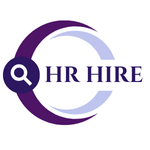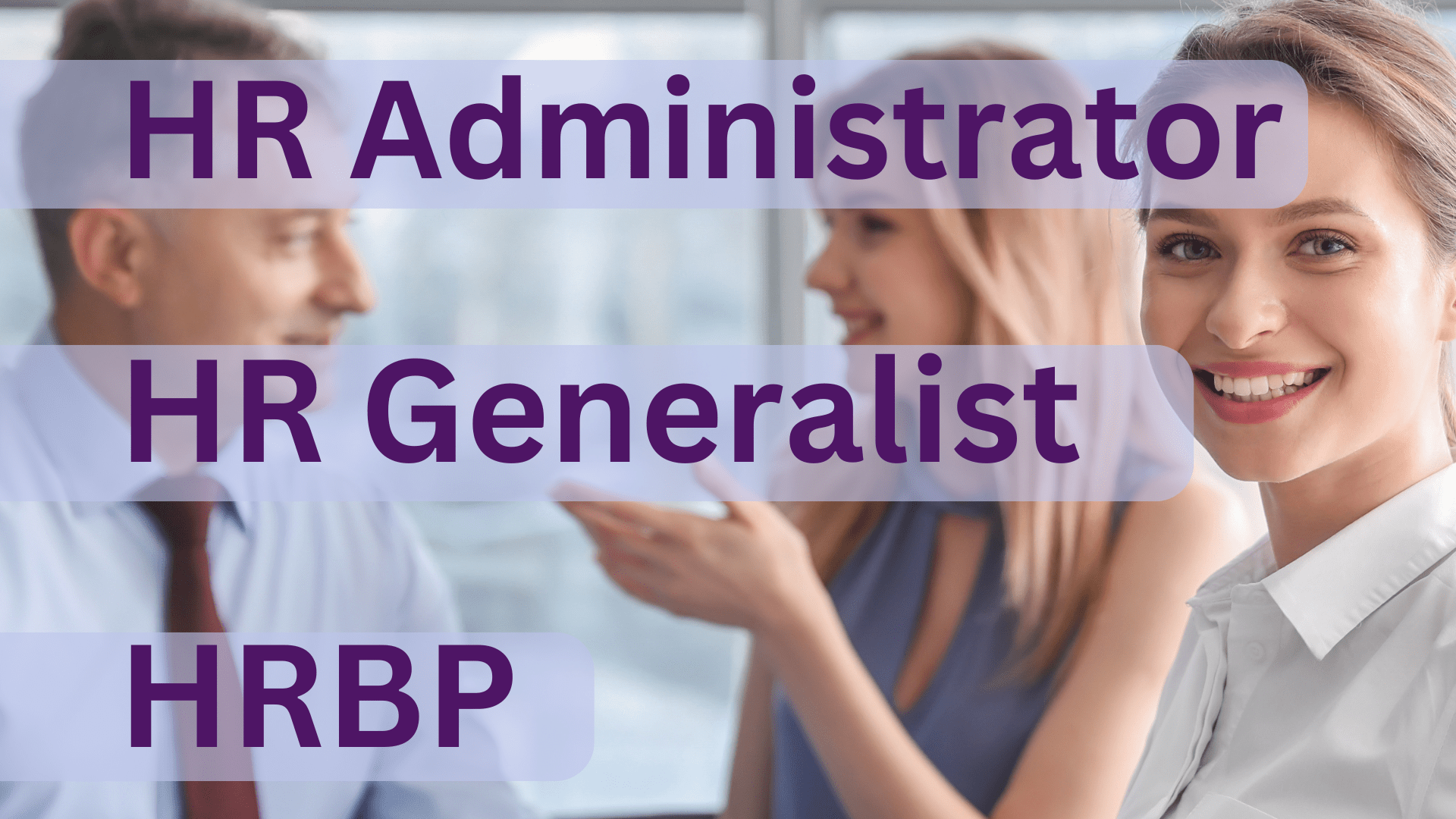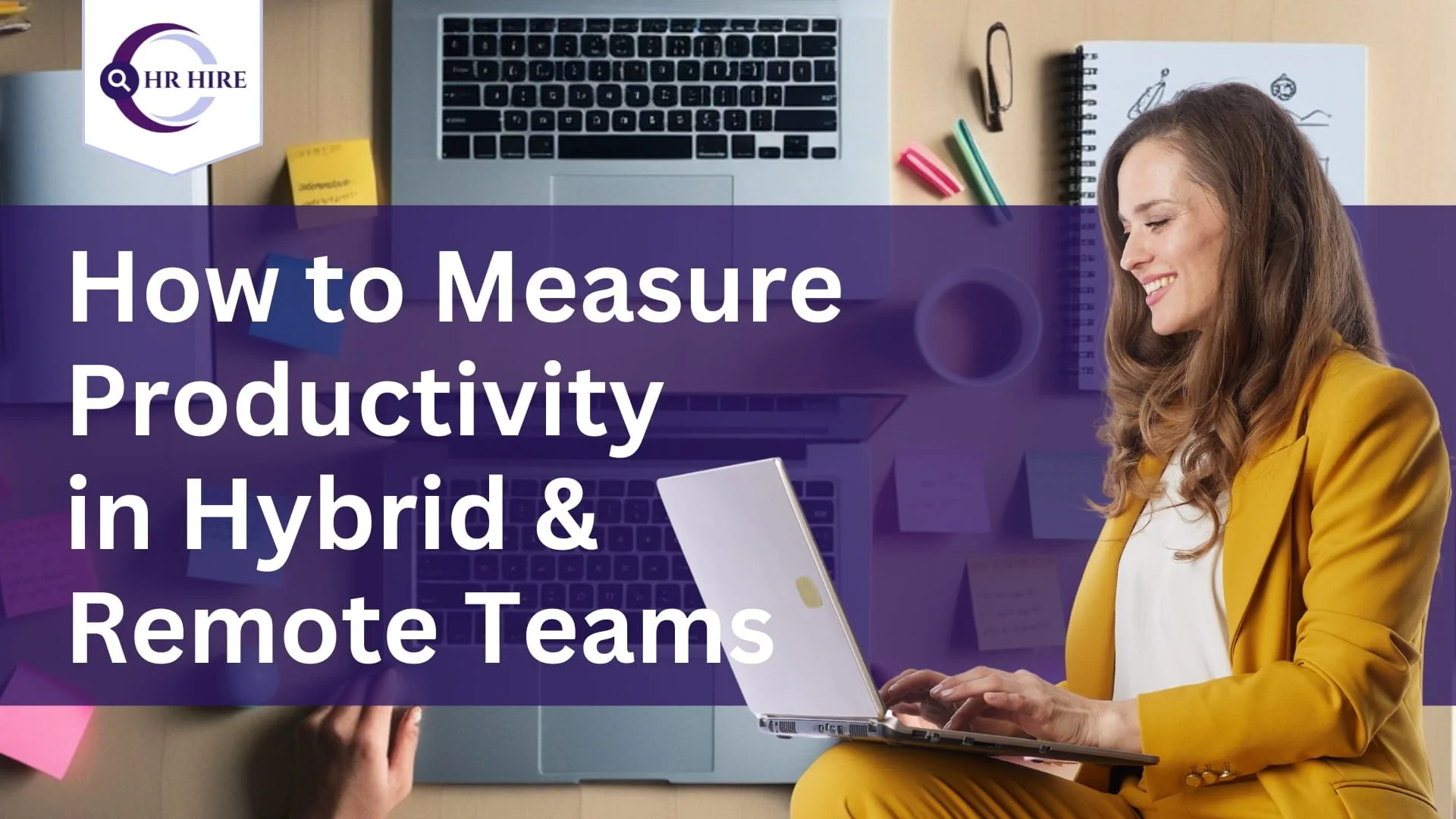What’s the difference: HR Admin, HR Generalist, HRBP?
The key difference lies in the level of responsibility and strategic involvement.
HR Administrator: An entry-level role focused on administrative tasks such as maintaining employee records, processing contracts, coordinating interviews, and supporting payroll.
HR Generalist: A mid-level role covering a broad range of HR functions including recruitment, employee relations, onboarding, performance management, and policy implementation. Generalists work across all areas of HR and often support line managers.
HR Business Partner (HRBP): A senior role that works closely with leadership teams to align HR strategy with business goals. HRBPs focus on workforce planning, organisational development, change management, and providing strategic advice to managers.
Each role builds on the other, with increasing influence, autonomy and business impact.
While they all sit under the HR umbrella, each role has distinct responsibilities, levels of experience and strategic influence. Understanding the differences between these roles is essential for career planning and for employers looking to build effective HR teams.
HR Administrator: the operational foundation
HR Administrators are often the first point of contact for employee queries and play a vital role in the smooth running of HR operations. This is typically an entry-level position, responsible for supporting day-to-day HR activities.
Key responsibilities:
Maintaining employee records
Preparing HR documents and reports
Supporting recruitment and onboarding
Assisting with payroll and absence tracking
Responding to basic HR-related queries
Typical qualifications:
Employers in Ireland often look for candidates with a certificate or diploma in HR or Business Administration. Many use this role as a first step after completing a Level 6 or Level 7 qualification or while working towards a CIPD-accredited course.
Skills needed:
Attention to detail, organisation, confidentiality and communication are essential. Familiarity with HR systems (HRIS) is increasingly valued.
HR Generalist: the all-rounder
HR Generalists have broader responsibility across multiple HR functions. This role suits professionals with 2–5 years’ experience who are ready to take on more decision-making and influence over policy and process.
Key responsibilities:
Coordinating recruitment and onboarding
Advising managers on performance, absence and disciplinary procedures
Ensuring compliance with Irish employment legislation
Developing and updating HR policies
Supporting learning and development initiatives
Typical qualifications:
Most generalist roles in Ireland require a Level 8 HR degree or diploma, and many employers look for CIPD accreditation at Level 5 or higher. A strong understanding of the Employment Equality Acts, GDPR, and workplace relations is expected.
Skills needed:
Strong interpersonal skills, up-to-date legal knowledge, problem-solving ability and adaptability are key for success in generalist roles.
HR Business Partner: the strategic advisor
HR Business Partners (HRBPs) are senior HR professionals who work closely with leadership teams to align HR practices with business strategy. This is a more strategic role focused on influence, planning and organisational development.
Key responsibilities:
Advising leadership on people strategy
Workforce planning and succession management
Driving change management initiatives
Analysing HR metrics to inform decision-making
Championing employee engagement and culture
Typical qualifications:
HRBP roles usually require at least five years’ HR experience, a Level 8 or Level 9 qualification (e.g. MSc in HRM), and full or chartered CIPD membership. Many HRBPs have also worked as HR Generalists or in specialist areas before moving into this role.
Skills needed:
Commercial awareness, strategic thinking, credibility with senior stakeholders and excellent communication skills are essential. Understanding of HR analytics and experience managing change are also highly valued.
How they work together
These roles form a natural career progression within the HR profession:
The HR Administrator manages the processes
The HR Generalist manages the people and compliance
The HR Business Partner manages the people strategy
In a larger Irish organisation, you’ll often find all three roles working together. In smaller companies, one person may cover multiple functions depending on business needs.
At HR Hire, we often speak with candidates and employers who find the titles a bit confusing and it's true, job titles can mean different things in different companies. What matters most is understanding the level of responsibility, the scope of the role, and how the HR function supports the business.
Some of the most successful HR professionals we’ve placed have been those who stepped up from an administrative role by showing initiative, curiosity and a willingness to learn. Others moved from generalist into business partner positions by demonstrating commercial insight and building strong relationships with leadership.
If you're unsure where you fit, talk to us. Sometimes the role you’re capable of is one step ahead of the one you’re currently in.
Looking to move forward in your HR career?
Whether you're starting out as an HR Administrator or stepping into a strategic HR Business Partner role, HR Hire can help. We work with employers across Ireland to place qualified, experienced and ambitious HR professionals where they’re needed most.









